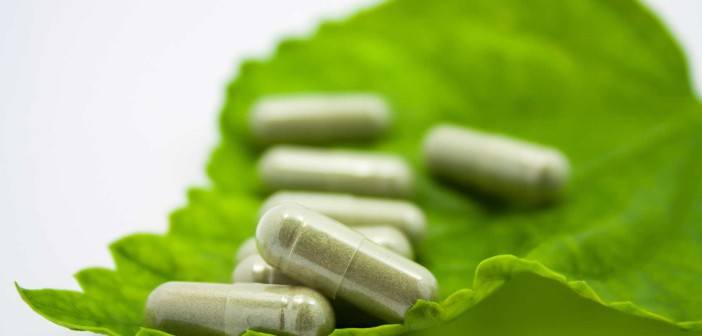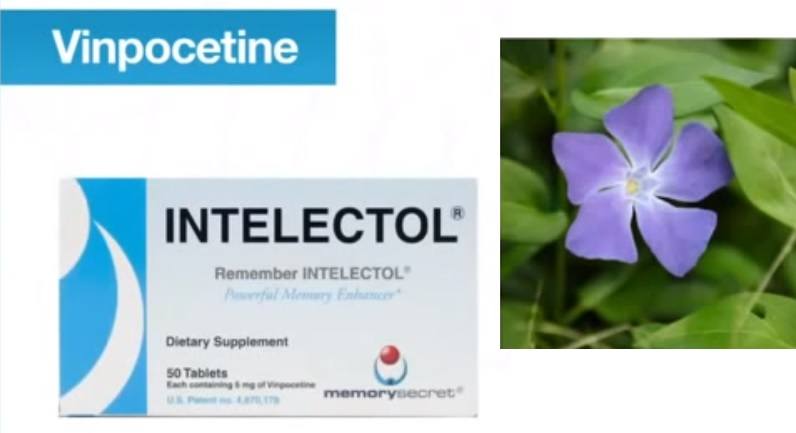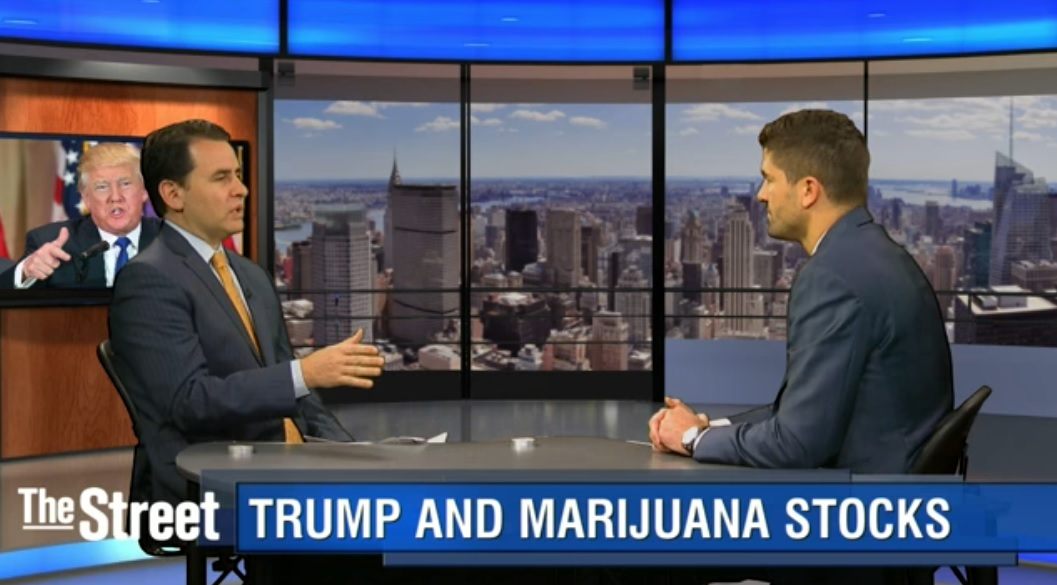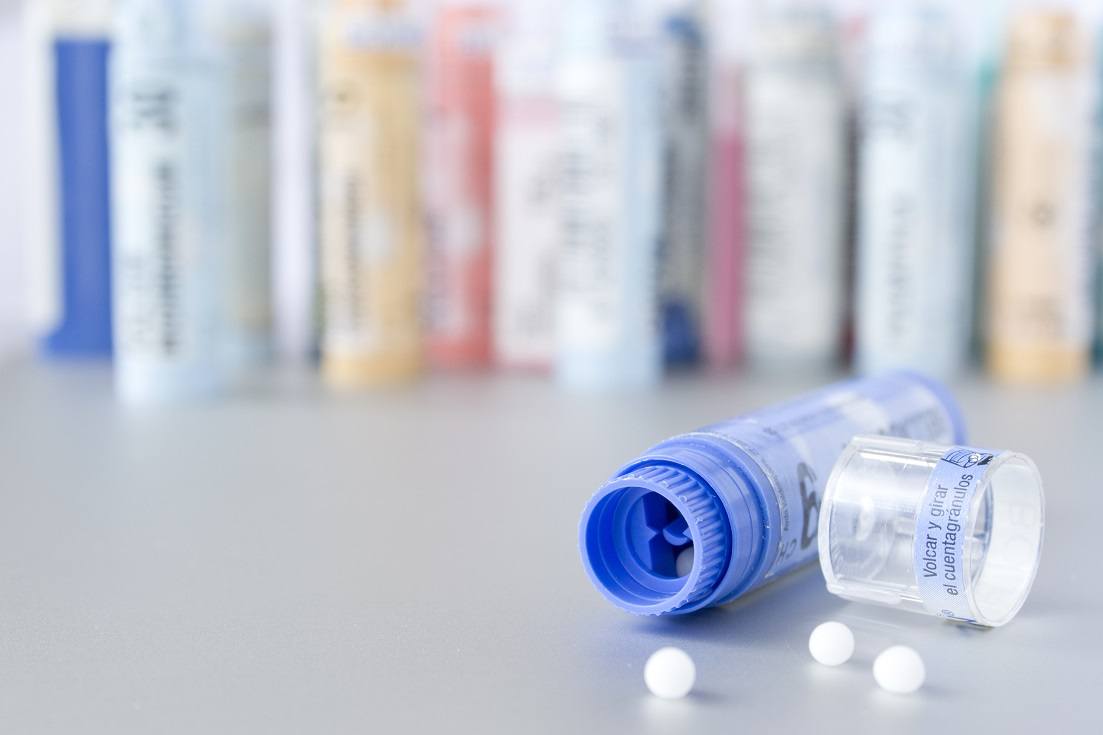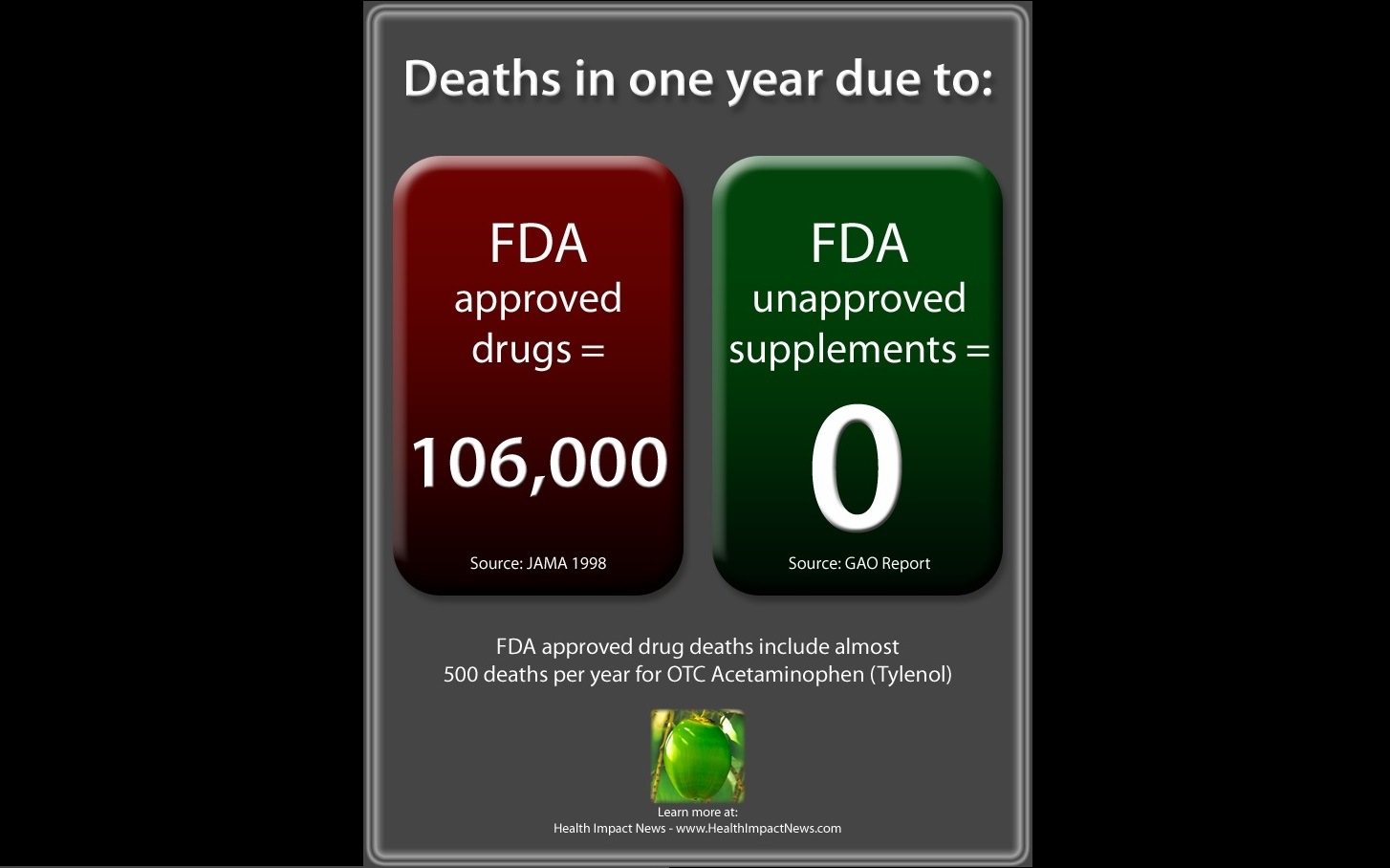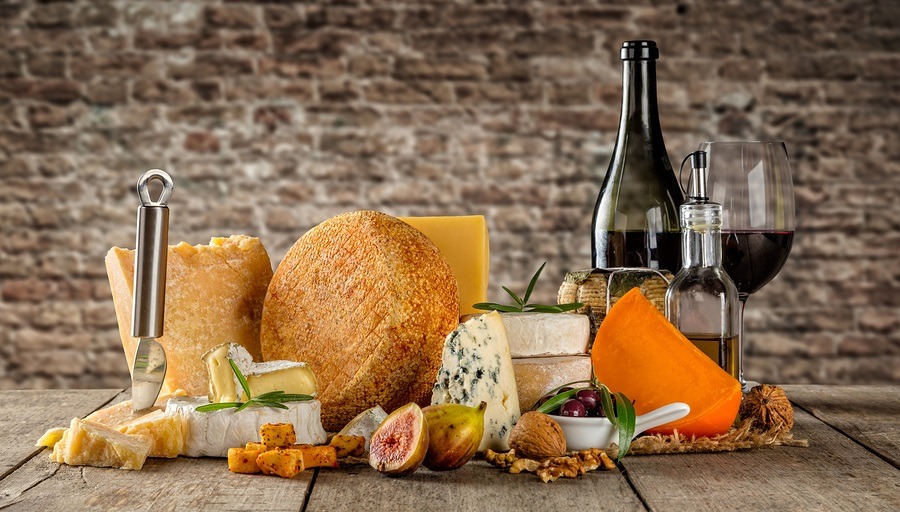According to the most recent data, there are zero deaths from supplements. But the FDA’s tightening of supplement regulations is for our safety, right? Action Alert!
Every year, the American Association of Poison Control Center’s National Poison Data System (NPDS) releases an annual report that tracks deaths and serious adverse events as a result of poisoning from a wide variety of substances, including drugs and supplements. NPDS is “the only comprehensive, near real-time, poisoning surveillance database in the United States.”
According to the most recent report, ZERO Americans died from taking any supplement in 2013. That includes anything from substances that must be taken with care and medical guidance, such as kava kava or yohimbe, or ayurvedic medicines (which must be sourced with care to be sure they are free of heavy metals), to standard vitamins and amino acids, to the gentlest homeopathic remedies. Of course, to most of us in the natural health world this is unsurprising. Dietary supplements have an exemplary track record of safety. In fact, our partners at ANH International calculated that, according to the European Union’s own data, we are more likely to be struck and killed by lightning than die from taking a supplement.




